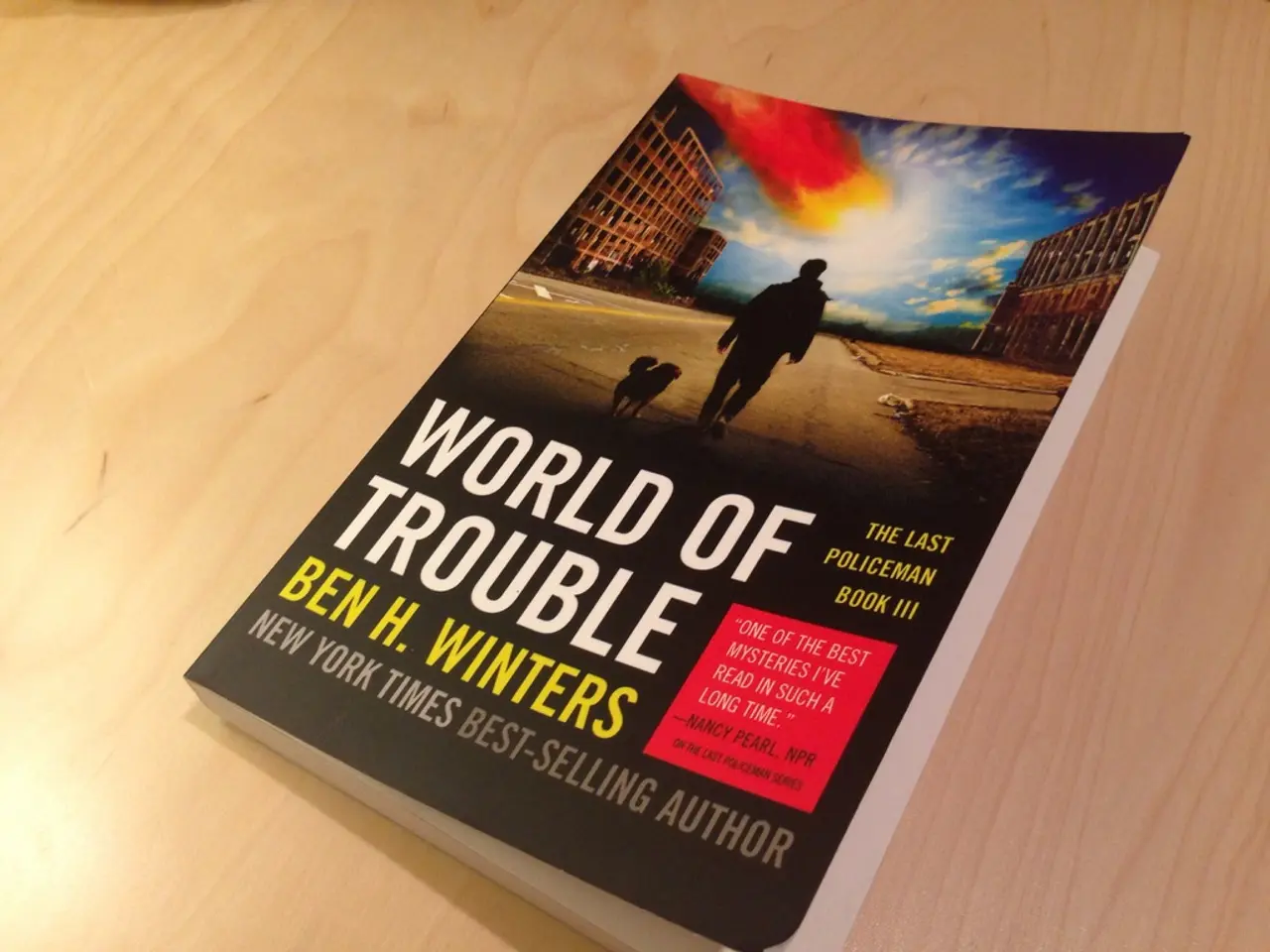Fresh Take on the Iran-Israel Conflict: A Look Back at Past Regime Changes in the Middle East
"Past transitions of power in the Middle East have ended in dismal failure"
It's the question on everyone's mind: will America join Israel in the ongoing conflict with Iran? As global leaders ponder the potential consequences, newspapers scrutinize the implications of another regime change in the Middle East.
The New York Times takes a stern stand, urging Congress to weigh the decision carefully. They argue that allowing a nuclear-armed Iran would only further destabilize an already fractious region and pose an existential threat to Israel. In their view, Congress must first authorize the use of military force, should the United States choose to join the war.
On the other hand, the London-based Financial Times cautions against foreign intervention. Past examples of attempted regime change in the Middle East have often led to devastating consequences, and the potential consequences of overthrowing the Iranian regime in a country of 90 million people are hard to predict. The unpredictable repercussions could easily spill over the region.
Meanwhile, the Norwegian Verdens Gang sees the conflict as a powder keg. Many factors will determine the outcomes, but a significant portion depends on the actions of the United States and President Donald Trump. Whether the Americans actively participate in the war, provide essential military support, or allow Israel to wage the conflict alone will have far-reaching implications.
The Italian daily La Stampa points out that the situation is a challenge for Chinese diplomacy, particularly given the potential disruption of energy supplies from Iran and Iraq. China, which was once influential in both Israel and Iran, now finds itself in a precarious position, struggling to navigate the tense political landscape.
The Dutch newspaper De Volkskrant further highlights the isolation of Iran's regime. Historically, Iran has relied on an alliance of Middle Eastern factions known as the 'Axis of Resistance.' However, this alliance has crumbled following the outbreak of violent conflict, leaving Iran with few allies to rely upon.
Looking back at history, regime changes in the Middle East have seldom resulted in the desired outcomes. The 1979 Iranian Revolution, Western-backed regime changes in Iraq and Libya, the Arab Spring, and numerous U.S. attempts at regime change have all demonstrated the complexities of disrupting the political status quo and the devastating unintended consequences that can follow.
In the end, the Successor of Ayatollah Ali Khamenei may find themselves isolated and outnumbered, with few allies to rely on in a world moved perpetually by the whims of power players. The coming days and weeks will be pivotal, decisively dictating the fate of a volatile region and the trajectory of international relations.
The European Union, recognizing the potential dangers of war-and-conflicts in the Middle East, is committed to the fight against terrorism, especially as regime changes in this region often lead to unpredictable, war-like scenarios.
Politics and general news outlets worldwide debate the potential consequences of another regime change in the Middle East, as they weigh the pros and cons of foreign intervention in war-and-conflicts like the ongoing Iran-Israel conflict.






